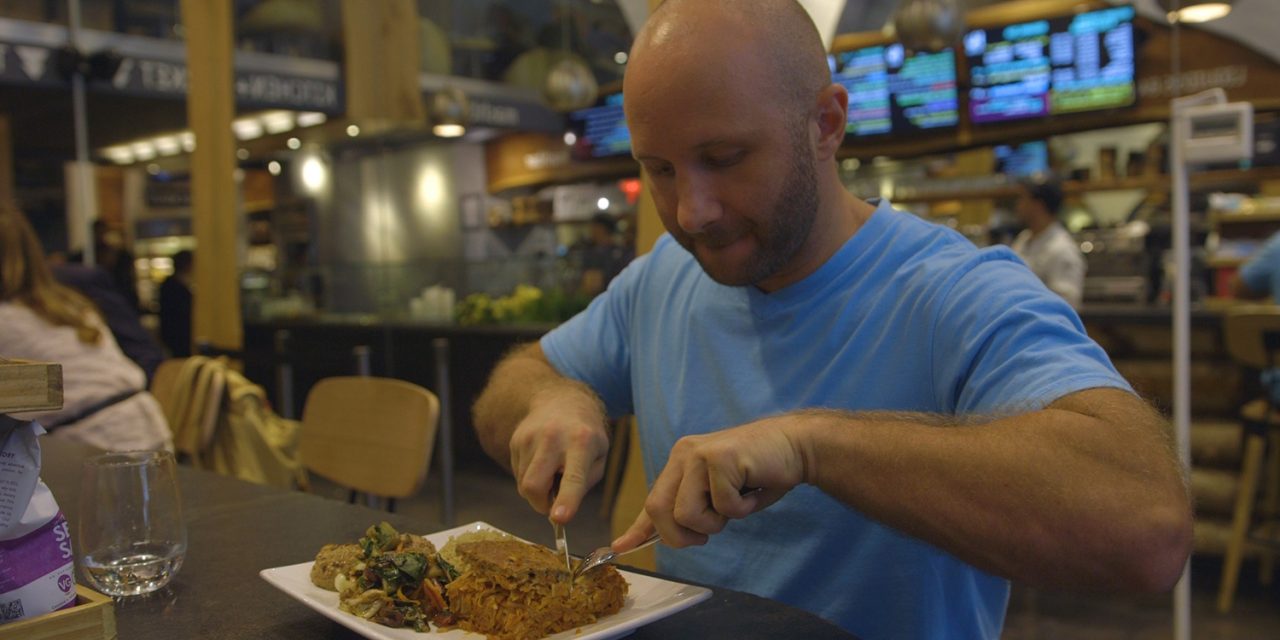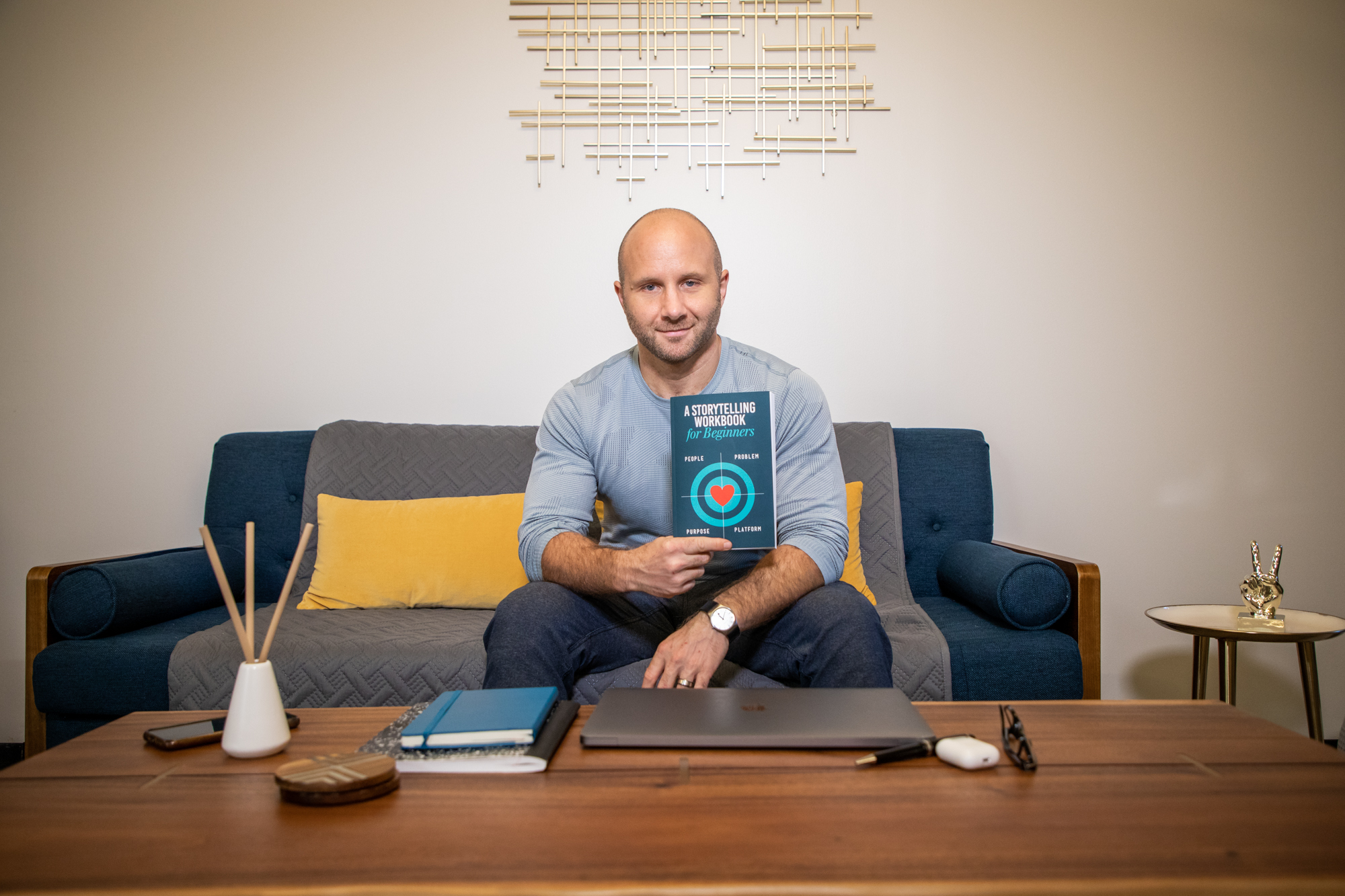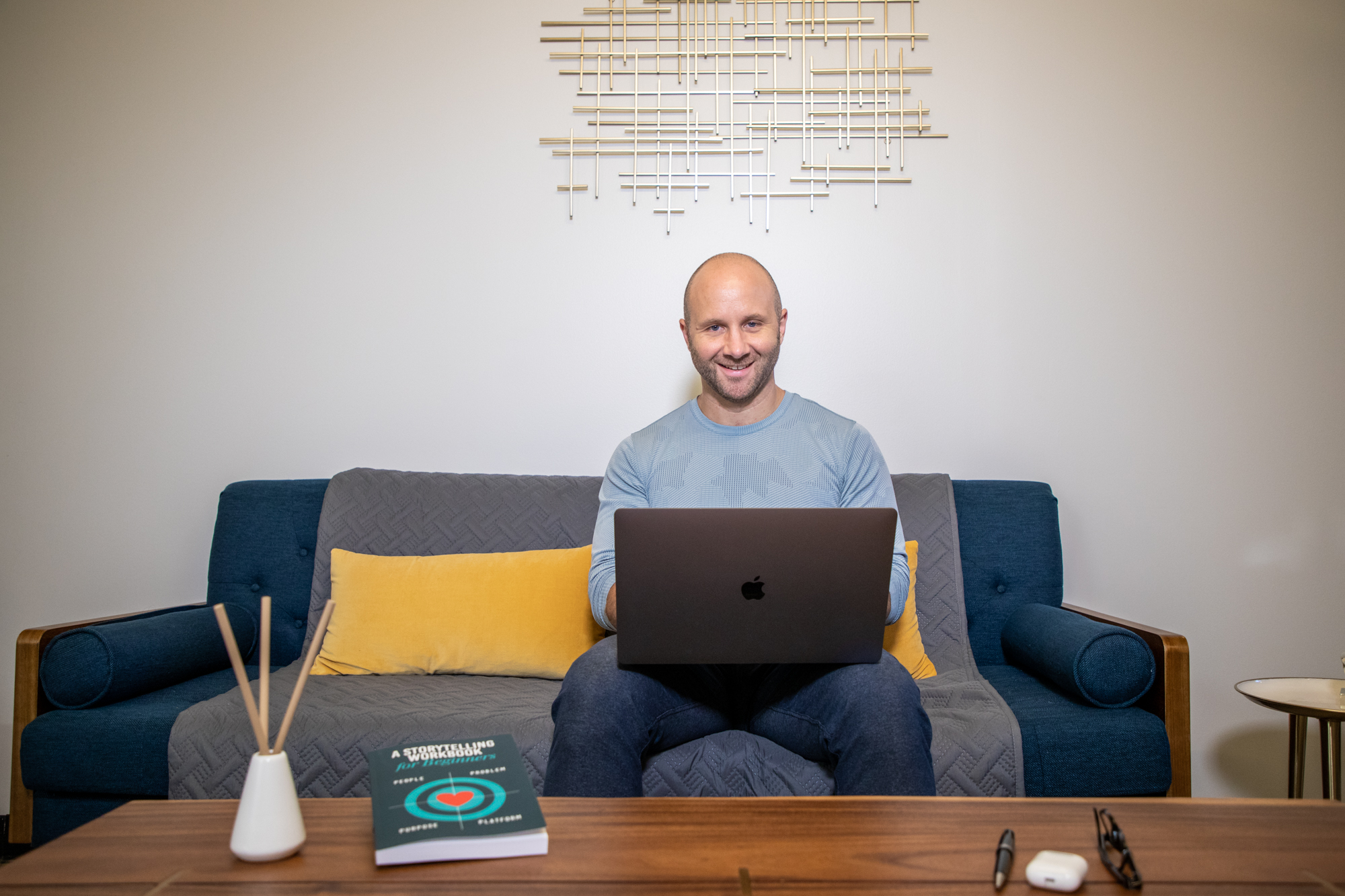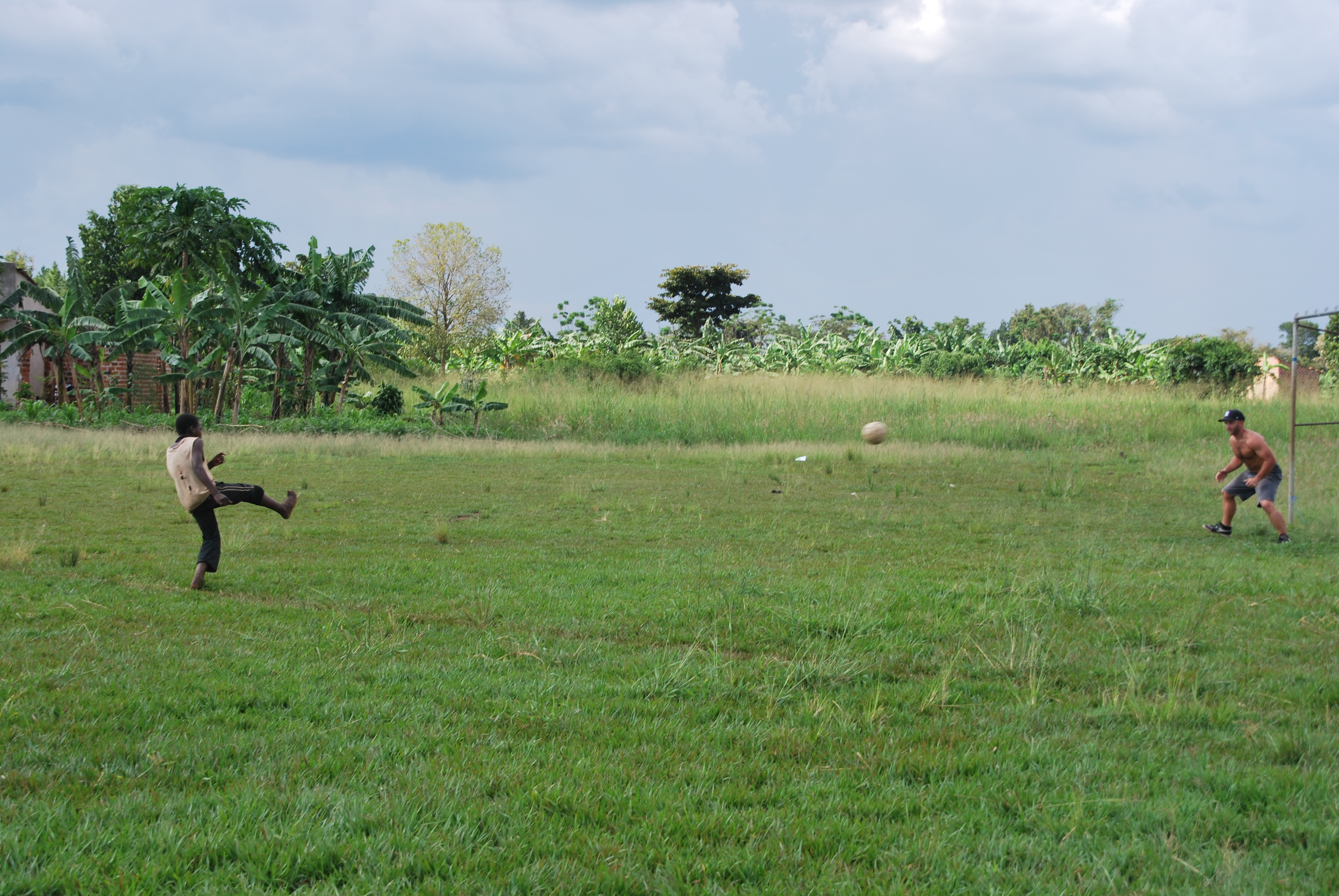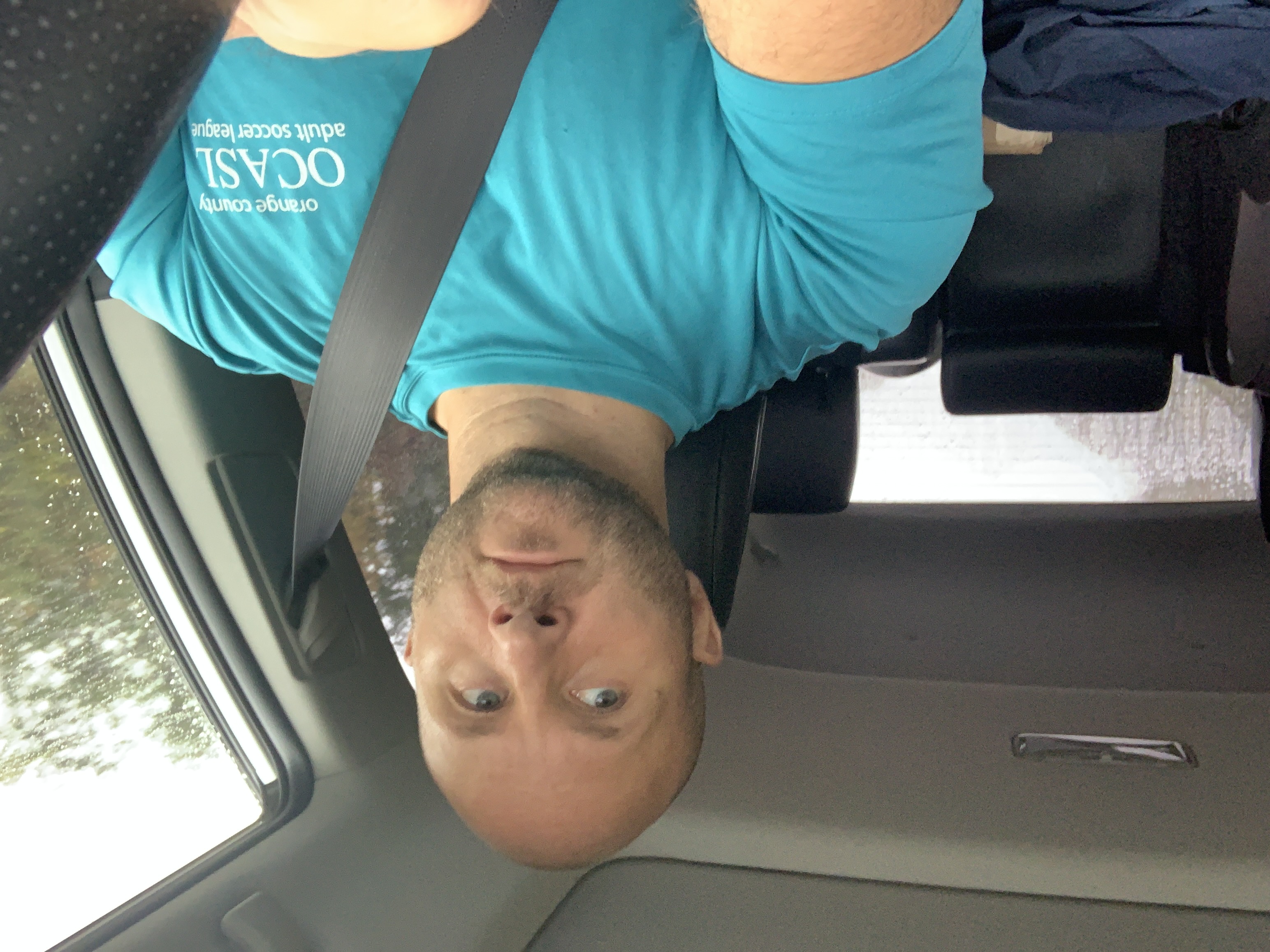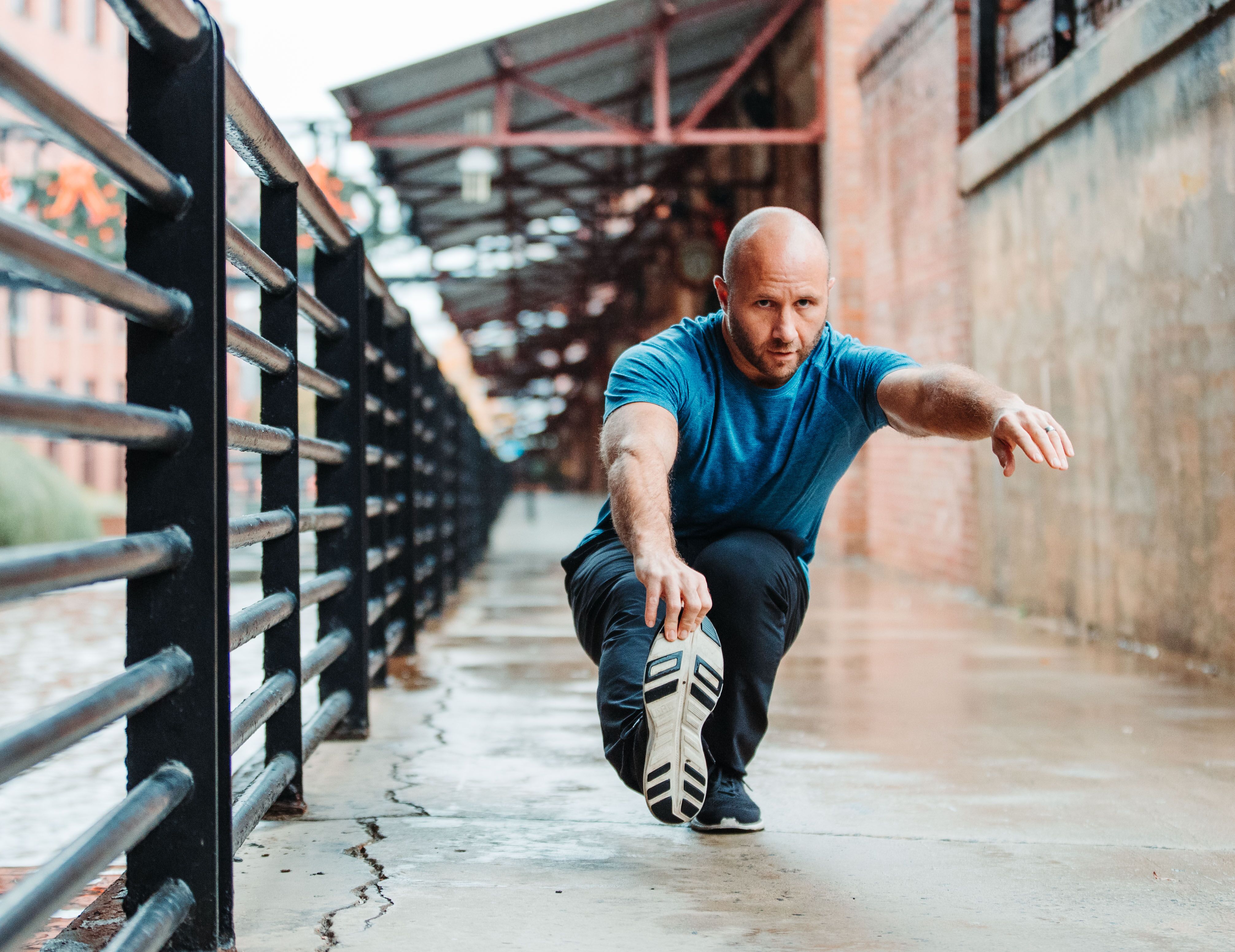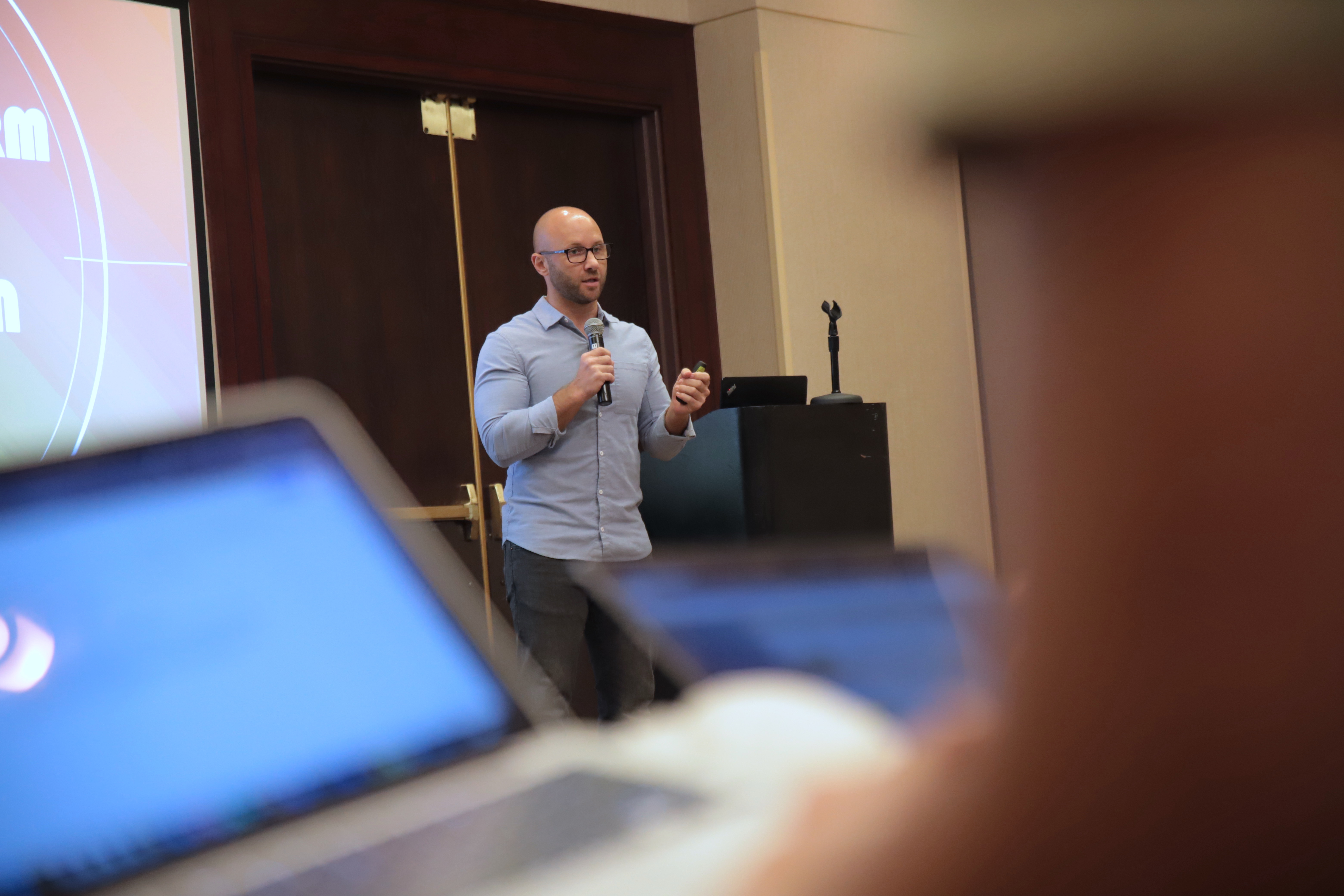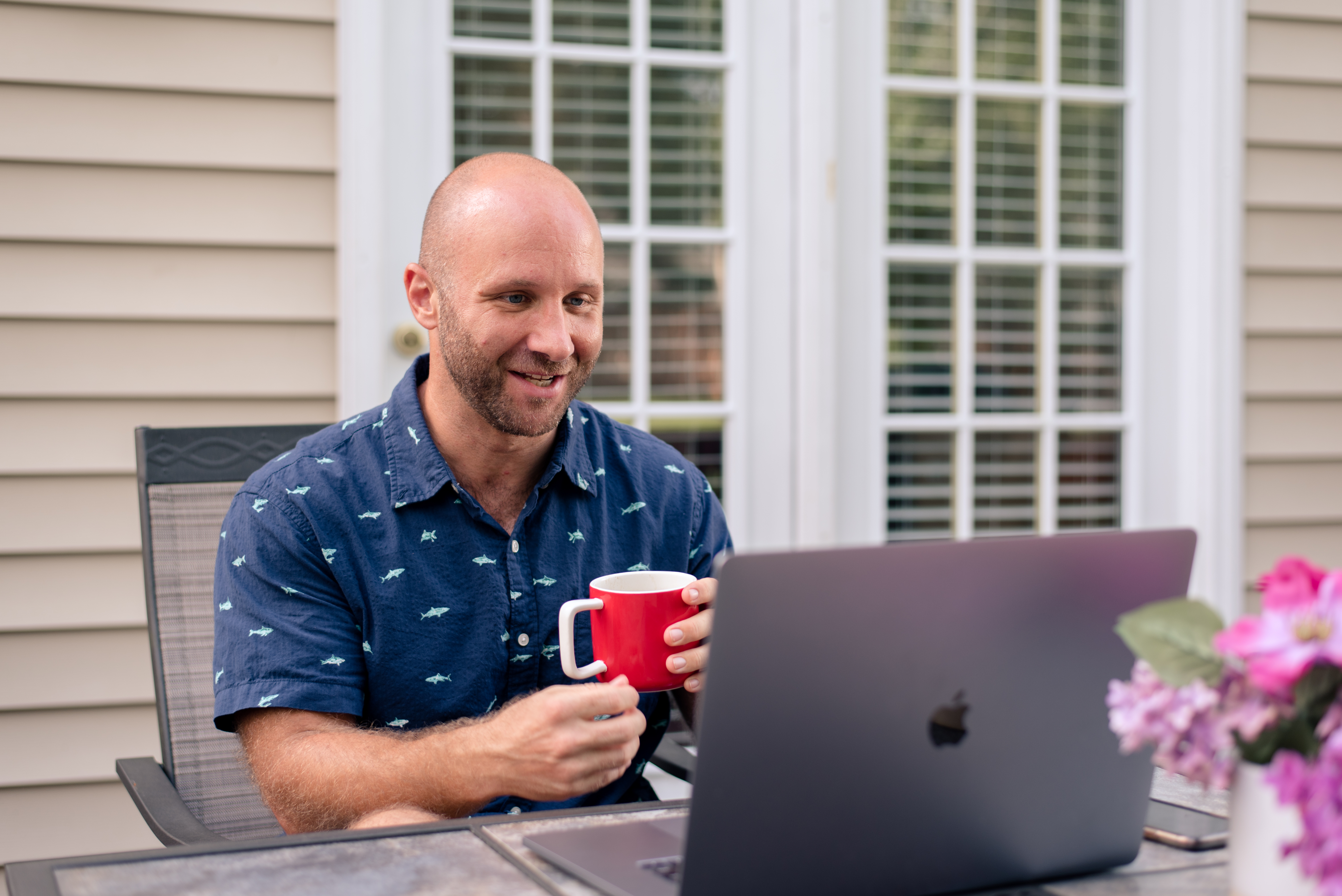“What are we getting for breakfast?” my mom asked.
I didn’t want to answer, because I knew it would open a whole new can of worms. And I couldn’t even eat the can of worms if I wanted to, because I was fasting.
“I’m not eating breakfast today, I’m fasting.” I replied.
An awkward silence grew throughout the car. I think my mom and my brother were trying to figure out if I was serious or not — they could never tell.
“You’re what?!” she asked. “That’s not good for you. That’s not healthy, you should definitely eat breakfast. (wait for it) It’s the most important meal of the day!”
It’s always interesting to update my family on my eating habits and experiments — all of which they think are absurd, or at least extreme — who seem to have strong opinions on what are “normal” eating habits. It’s even more interesting considering that we have a long history of heart disease, diabetes, and alcoholism. We’re not exactly the epitome of a healthy family.
That morning, they settled on biscuits from Bojangles, while I politely declined again.
For most of my life, I was the type of person that wanted to eat as soon as his feet hit the floor. Growing up in the south, that would often include some heavy portions of carbs, but as I’ve grown older and more health-conscious, it evolved into a protein and fats-based breakfast with carbs coming from veggies or fruits. I still ate early, often, and a lot.
Over the past two years, I kept hearing more and more about “intermittent fasting” from a lot of the people I follow in the health and high-performance fields. It was becoming quite a buzzword, which tends to make me resist, but hearing about the benefits from so many trusted sources made me more than curious. I had to try it.
What I’d known previously about fasting was religion-based. My college roommate Dominique fasted during Ramadan, out of respect for his Muslim mother. That meant no water and no food until sunset — even on days when he had basketball practice. I didn’t know how he did it.
From a religious perspective (many religions practice fasting), it’s a purifying experiencing to gain compassion and deepen faith, while allowing people to experience what the poor and hungry go through. When I looked into it further, I learned that fasting has played a significant role in many societies and cultures throughout history. It is definitely nothing new.
But, we are always looking for new ways to improve our health and the trend in recent years has been to look back in time for clues.


Intermittent Fasting
The most popular version now that I see, and that I practice, is “intermittent fasting” or “time restricted fasting.” This is perfect first step for people. It just means you keep all your caloric intake within a set window of time throughout the day and the rest of the time you’re fasting. A typical ratio is 16 hours fasting and 8 hours of consumption. It may sound hard, but you sleep for 8 of those 16 hours so that makes it easier and eating only 8 hours is typically something like first meal at 12 p.m. and finish your last meal by 8 p.m. You’re basically just skipping breakfast. It’s not hard, especially after the first day or two.
What happens when you fast intermittently is that you give your digestive system time to recover, instead of constantly working overtime with that conveyor belt constantly shoveling food into our bodies. When food comes in faster than your body can process it, it stores the excess as fat. Nobody wants that. Let your body rest and recover.
But what else happens, is you reset many of the systems in your body. People tend to have more energy (again, after that first hump you have to get over), more focus and clarity, their immune system improves, and they just feel better. Some people even see improvements in their skin clarity!
This is all besides the fact that they lose that stored body fat and reduce weight.
If you fast for even longer periods of time, your body will slip into a state of ketosis, where your body is fueled off of fat, instead of carbs, and uses ketone bodies for energy instead of glucose. This is when the real effects from fasting take place, but it usually takes 48+ hours, so intermittent fasting is a good first step. I’ve done 60 hours, and am working my way up to 72.
Incorporating fasting into my lifestyle and routine has already worked wonders. As someone whose weight has always fluctuated, it’s helped me manage my weight much more lately, as well as feel energetic throughout my work day without having to rely on caffeine.
(Pro tip: it also doesn’t cause the crash caffeine does!)
I don’t think anyone would argue that we eat way too much. But for some reason, when I propose the idea of fasting, most people respond, “Oh, I could never do that.”
Yes, you can.
And if you actually give yourself a chance to feel the benefits of it, you might like it.
As with most things on the path to self-improvement, you just need need to break through that first wall and things will get easier as you continue.
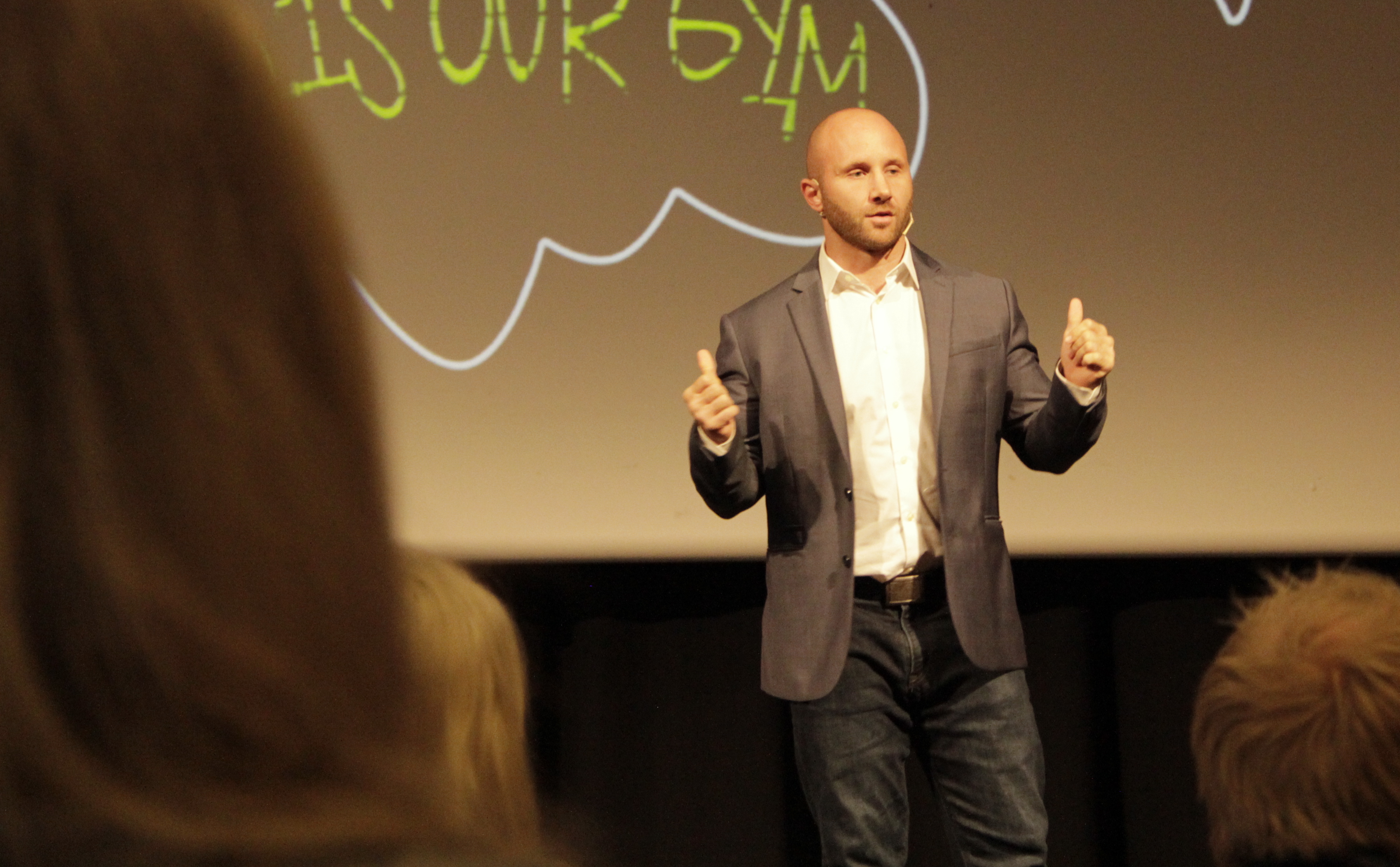
Picture via Rain Bennett
Rain Bennett is a two time Emmy-nominated filmmaker, fitness professional, public speaker, and writer. His mission is simple: to help people realize that they too can be great, no matter where they come from or what they start with. It just takes passion, persistence, and a plan.
Bennett directed and produced his first feature length documentary in true indie fashion by traveling the world with only a backpack and a Canon DSLR camera. That film, Raise Up: The World is Our Gym won “Best of the Fest” at the Hip Hop Film Festival NYC and received global distribution through Red Bull Media House. He’s been featured in publications like Men’s Health and Sports Business Global and is a regular contributor to Breaking Muscle. When he’s not making movies or training clients at Sync Studio in Durham, he’s hosting a new webseries called The Perfect Workout Show.

